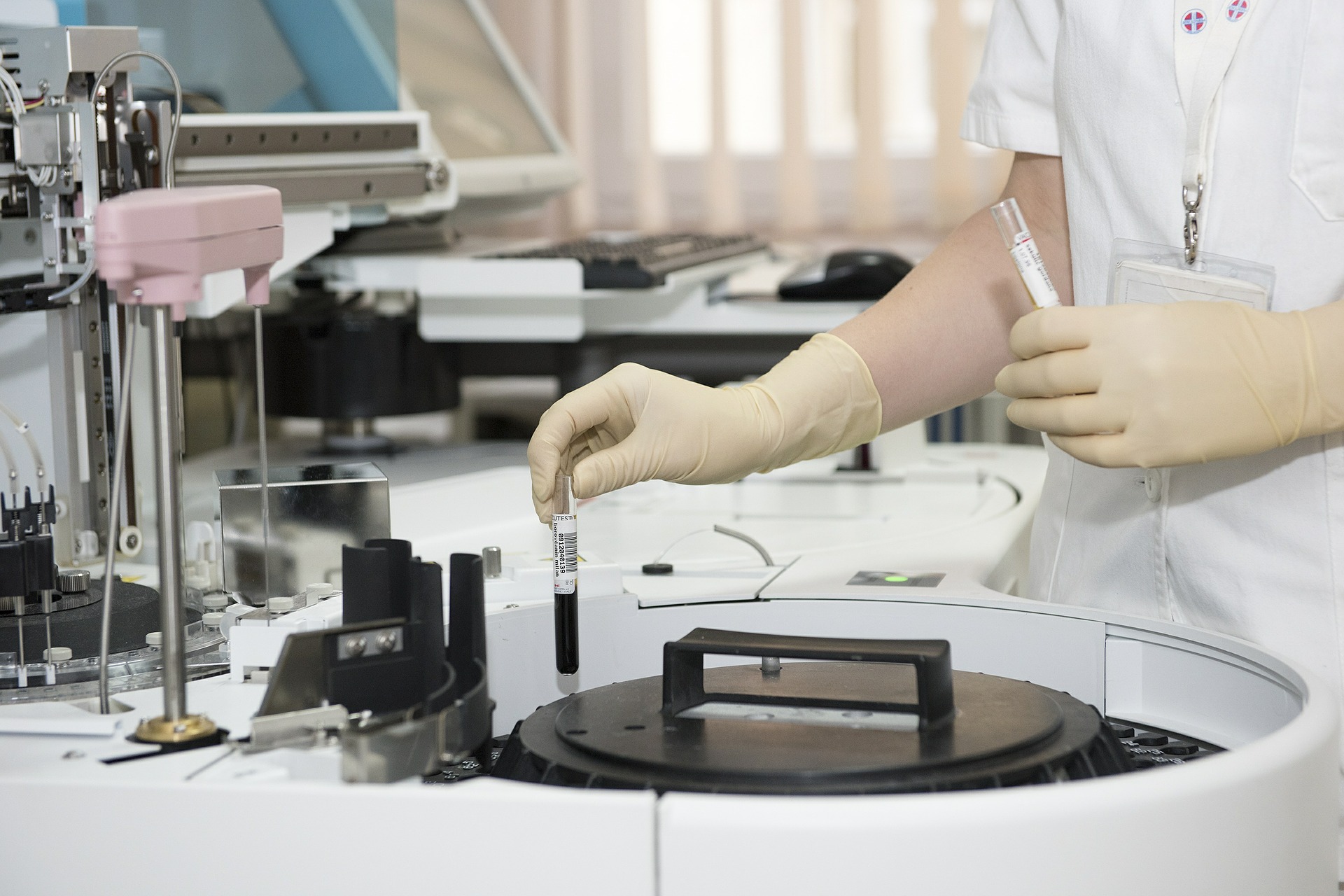If you're having cancer treatment
If you're having certain types of cancer treatment, including chemotherapy or radiotherapy, you might want to consider freezing your eggs, sperm or embryos. This is because some of the drugs used in cancer treatment can cause infertility, especially in high doses.
Find out more about fertility and chemotherapy via Cancer Research UK
Cancer specialists have developed information to help patients understand the impact of blood cancer treatment on fertility. Find out more







